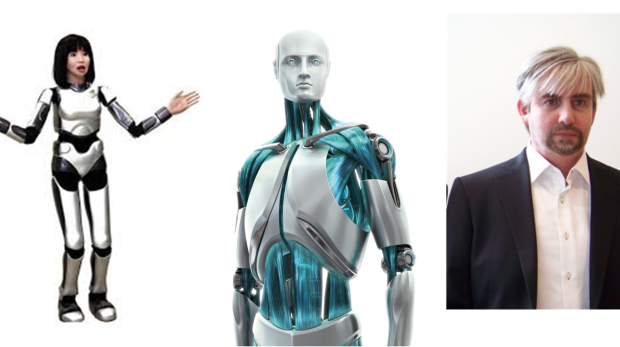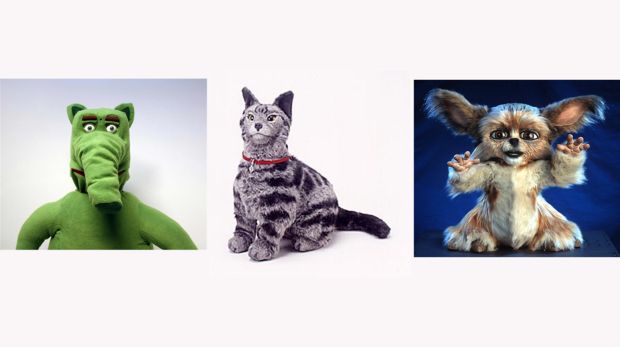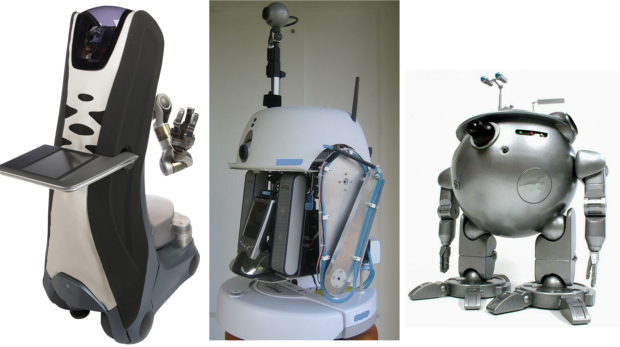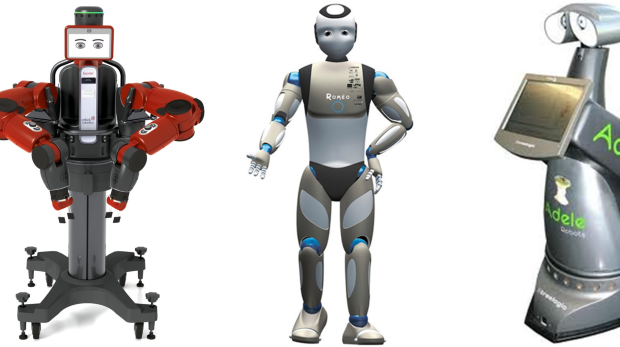Most Dutch people feel that the ideal social robot should not resemble a human being too much, as is the case with robots currently being produced in Japan. People do expect a robot to have certain human traits, but the distinction between human and robot must remain clear. Moreover, a social robot with an overly human appearance creates an unrealistic sense of expectation, according to Maartje de Graaf, who recently earned her PhD from the University of Twente based on research into this topic. Not surprisingly, De Graaf also found that people are especially keen to welcome a butler robot into the domestic environment.
There are a growing number of different types of robots, and their roles within society are expanding. Robots have long been used for industrial applications such as automobile manufacturing or for heavy lifting in warehouses. These days, however, robots are being accorded a more social role in fields such as education, healthcare and recreation.
Accepting robots
To boost the societal acceptance of social robots, Dutch people must first be convinced of the fact that these devices are indeed useful and that their privacy will not be compromised. Furthermore, developers need to promote social robots as status symbols that are fun to use and that perform useful tasks in and around the house.
Relationship between people and robots
De Graaf's research reveals that people rapidly start to treat robots as human objects after working or living with them for only a short while. "Although most people would reasonably agree that robots are programmed machines that only simulate social behavior, the same people seem to 'forget' this while interacting with these machines. They start to treat the robot as a social other fellow human being and even care for it as they would one of their own family members." Sometimes people's response to robots goes a step further and they start to build a kind of relationship between man and machine.
Robots and the elderly
Social robots are increasingly being used in eldercare. The main objective in this setting is often to provide companionship. Alongside the fact that robots will engage in more social interactions with us in the future, a situation like this provides a fertile ground for the development of human-robot relationships. Maartje de Graaf currently works as a post-doctoral researcher at the University of Twente. In the upcoming year, she aims to investigate whether and how the relationships some users are willing to establish with social robots can contribute to the psychological well-being of those users.
Provided by University of Twente

























